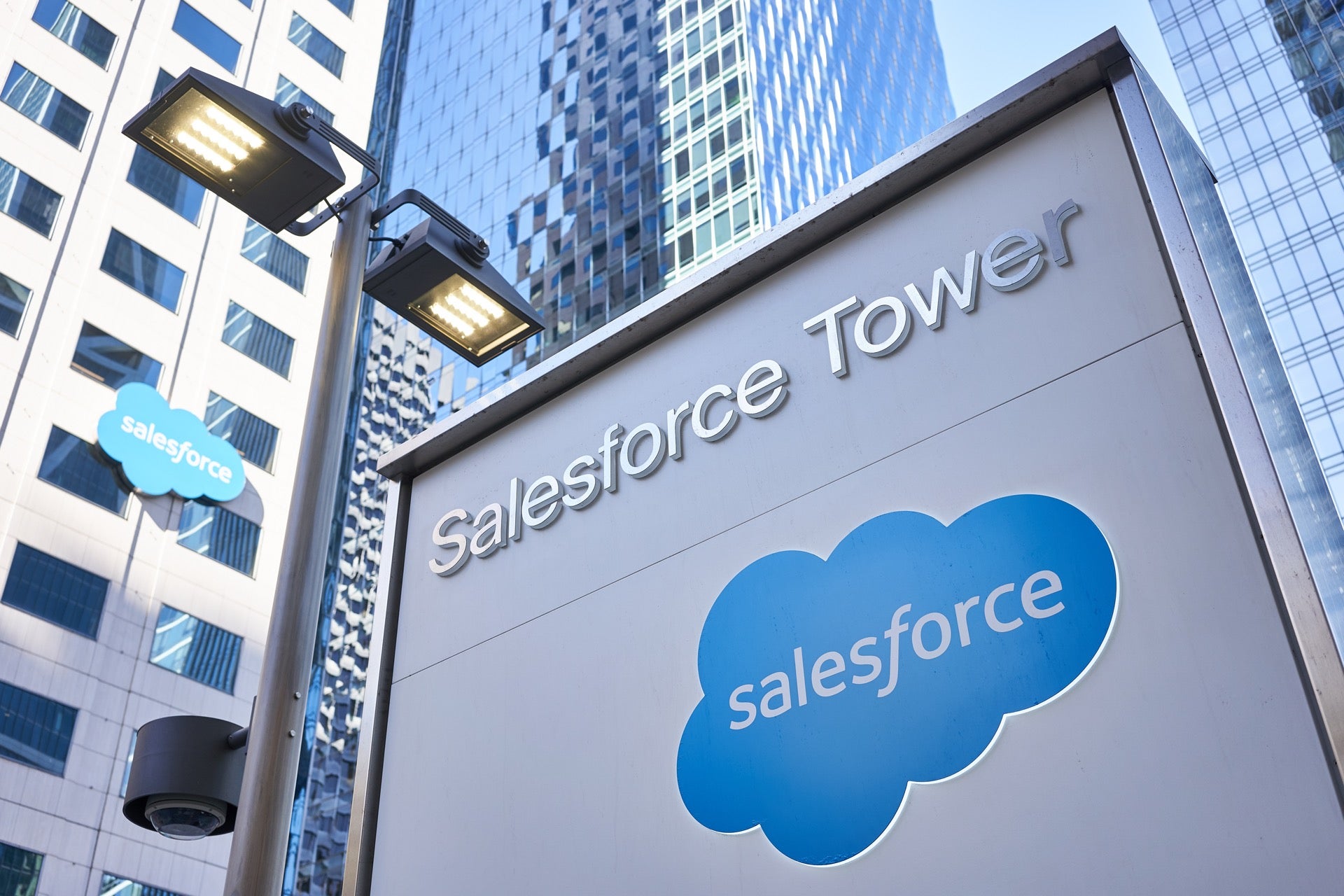
Salesforce is about to welcome vaccinated workers back to the office in May as the debate about vaccine passports is picking up speed. It also promoted a new flexible approach to remote working.
The cloud-based business software provider is the first major US corporation to give vaccinated workers preferential treatment as it reopens its San Francisco headquarters and other US offices. It has already opened 22 offices around the world, including in South Korea, Hong Kong and China.
Salesforce said on Monday that vaccinated staff could volunteer to work with groups of 100 or fewer when its offices reopen. The company said it would provide mandated onsite testing twice per week.
Offices will then gradually reopen from 20% to 75% capacity, depending on the local guidance and spread of the coronavirus contagion.
“In this stage, we will welcome both vaccinated and non-vaccinated employees, and we will continue to follow safety protocols and provide testing where possible,” said Brent Hyder, president and chief people officer at Salesforce, in a blog. “Today, 17 of our offices globally are open in this stage – most of which are in Asia Pacific.”
In a third stage, the offices will reopen to up to 100% capacity. In this stage vaccinations “will still be encouraged and testing will be available where possible.”
How well do you really know your competitors?
Access the most comprehensive Company Profiles on the market, powered by GlobalData. Save hours of research. Gain competitive edge.

Thank you!
Your download email will arrive shortly
Not ready to buy yet? Download a free sample
We are confident about the unique quality of our Company Profiles. However, we want you to make the most beneficial decision for your business, so we offer a free sample that you can download by submitting the below form
By GlobalDataThe focus on only enabling vaccinated workers to return to the office comes as the debate around the use of vaccine passports has intensified. Workers’ rights experts has warned that a push for identity proofs and digital certificates could risk excluding poorer and more vulnerable groups, according to Reuters.
Businesses in several different sectors have reopened their offices for workers who’ve had the jab. For instance, Norwegian Cruise Line has said it would require all its crew and passengers to have been vaccinated.
Salesforce also said that it would continue to provide more flexibility to employees opting to keep working remotely.
“While our offices will remain an important part of our strategy as we reopen, the office is no longer at the centre of our work day,” Hyder said. “Just as we flexed when we moved our offices to our homes, we’re encouraging all employees to flex forward to a new, better way of working – we’ll put who, what, and why before where work happens, whether that be in an office, at a customer site, or in a cafe.”
Salesforce’s statement comes as more companies are expected to be more open to working from home in the future, with market analysts expecting a hybrid solution to be offered more in the future.
“Physical spaces will be transformed and remote working, supported by technology, will become the norm for millions of employees,” analysts wrote in a recent research report from GlobalData. “The nature of employment will change, with more hybrid work between offices and remote working. Individual properties will be better positioned to facilitate this trend as smart homes incorporate IoT and fibre broadband to ensure seamless workflows.”
Other companies like HSBC, Facebook and Twitter have all recently said that they will provide remote working for their staff in future.
However, not all businesses are embracing remote working. For instance, Google has gone against market analysts’ expectations by telling employees that they’ll need special permission to work away from the office for more than 14 days per year.






